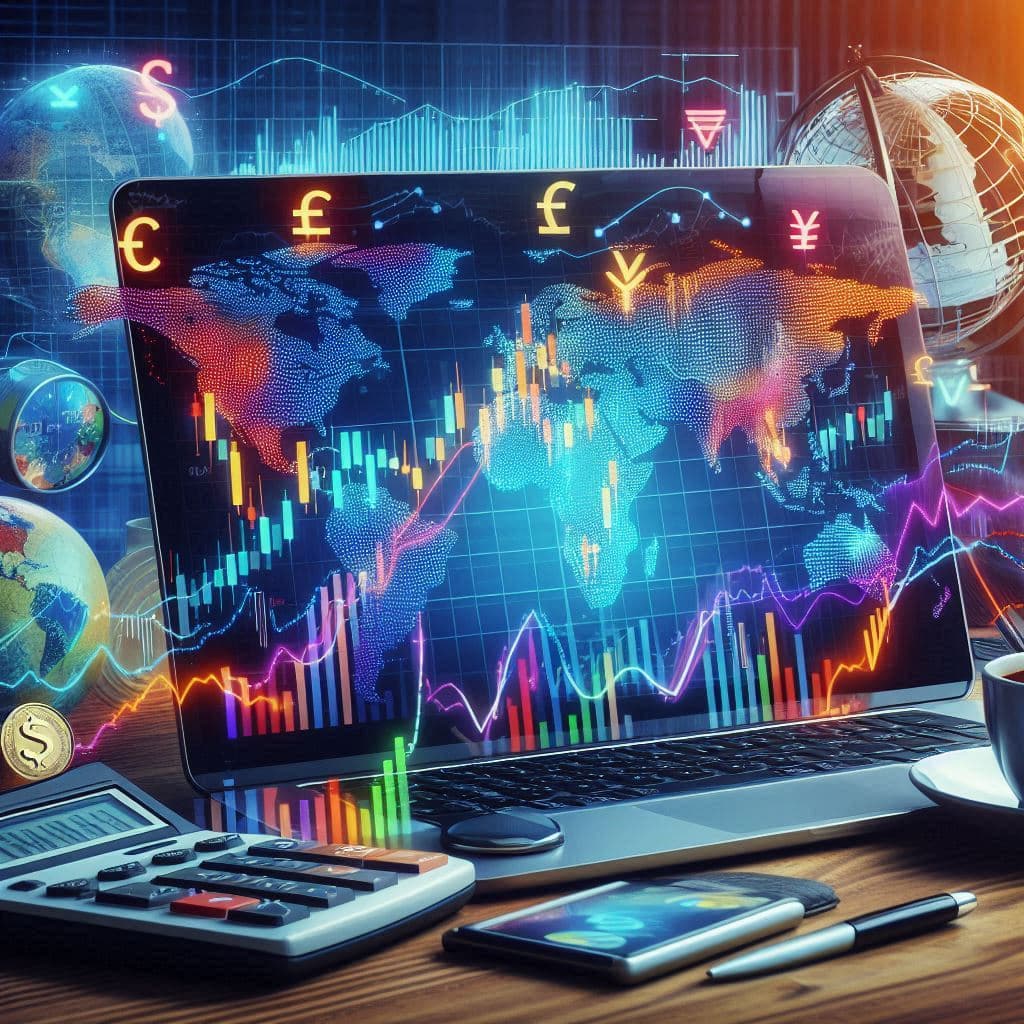How Much Money Do I Need to Start Forex?

Forex, or foreign exchange trading, is an alluring market for many aspiring traders. The idea of trading currencies and capitalising on global economic fluctuations is exciting. However, one of the first questions that come to mind is: “How much money do I need to start forex?” This article will delve into this question, offering insights and practical advice to get you started on your forex journey.
Understanding Forex Basics
Before diving into the financial requirements, it’s crucial to understand what forex trading entails. Forex trading involves buying and selling currency pairs. The goal is to profit from the changes in these currency pairs’ values. Unlike stock markets, forex trading operates 24 hours a day, five days a week, offering ample opportunities for traders around the globe.
Initial Capital Requirements
The amount of money you need to start forex trading can vary. Some brokers allow you to open an account with as little as £50. However, starting with a larger amount can be beneficial. Ideally, having at least £500 to £1,000 can provide more flexibility and better risk management. This initial capital acts as a buffer, allowing you to withstand market fluctuations without wiping out your account.
Leverage: A Double-Edged Sword
Leverage is a significant aspect of forex trading. It allows you to control a large position with a relatively small amount of money. For instance, with 1:100 leverage, you can control £10,000 with just £100. While leverage can amplify profits, it also increases risk. Therefore, starting with a lower leverage ratio, such as 1:10 or 1:20, can be safer for beginners.
Risk Management: Protecting Your Capital
Effective risk management is essential when trading forex. One common rule is the 1% rule, where you risk no more than 1% of your capital on a single trade. For example, if you have £1,000, you should not risk more than £10 on any trade. This approach helps in preserving your capital and ensuring you stay in the game longer.
Demo Accounts: Practice Without Risk
Before using real money, it’s wise to practice with a demo account. Many brokers offer these accounts, allowing you to trade with virtual money. It provides a risk-free environment to learn the ropes, understand market dynamics, and develop your trading strategy. Once you feel confident, you can transition to a live account with real money.
Education and Training: Investing in Knowledge
Investing in your forex education is as important as the initial capital. There are numerous resources available, including online courses, webinars, and books. Learning about technical and fundamental analysis, trading strategies, and market psychology can significantly improve your chances of success. Remember, knowledge is power in forex trading.
Setting Realistic Goals: Patience Pays Off
Setting realistic goals is vital when starting forex trading. The allure of quick profits can be tempting, but the reality is different. Consistency and patience are key. Aim for steady, small gains rather than chasing big wins. Over time, these small gains can add up, leading to substantial profits.
Choosing the Right Broker
Selecting a reliable broker is crucial for your forex trading journey. Look for brokers with transparent fee structures, robust trading platforms, and excellent customer service. Additionally, ensure they are regulated by reputable financial authorities. A good broker can provide the necessary tools and support to help you succeed.
Psychological Preparedness: Mastering Your Emotions
Forex trading can be emotionally taxing. The market’s volatility can trigger feelings of excitement, fear, or frustration. Being emotionally prepared and maintaining discipline is essential. Avoid making impulsive decisions based on emotions. Stick to your trading plan and strategies to navigate the market effectively.
Continuous Learning and Adaptation
The forex market is dynamic, constantly influenced by global events and economic data. Continuous learning and adaptation are crucial. Stay updated with market news, and regularly review and refine your trading strategies. Being adaptable and open to learning can enhance your trading skills and success rate.
Conclusion: Your Forex Journey Begins
In conclusion, the amount of money needed to start forex trading can vary, but having at least £500 to £1,000 can provide a solid foundation. Remember to leverage wisely, manage your risks, and invest in your education. Practice on a demo account before trading with real money, and choose a reliable broker. With realistic goals, emotional discipline, and continuous learning, your forex trading journey can be rewarding and fulfilling. Happy trading!

